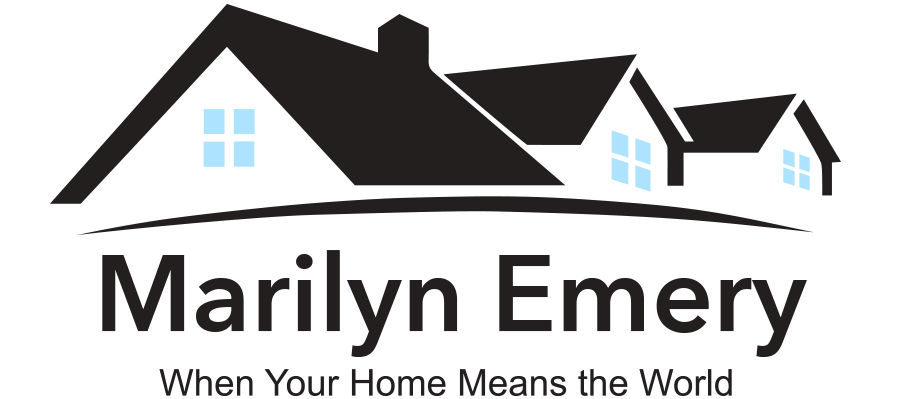TAX CREDITS HIDDEN IN YOUR HOME
There are many advantages to owning your own home and one of them is the tax breaks and many of us never take advantage of them. Below are some of the tax deductions and credits available for home improvements. If you have any further questions reach out to your accountant. If you need the name of someone you can trust reach out and I’ll share the names of a few.
Making Improvements for Medical Reasons
If you have decided to stay in your home and age in place, there may be some adaptations you will need to make. Some of these home improvements can be classified as medical expenses provided they are considered a medical necessity. The deductions must be considered reasonable and must have a practical use. Something soley for architectural, aesthetic or remodeling to increase the value of your house, don’t count.
Local organization such as the Villages or your local government like Montgomery County’s Seniors Site (https://www.montgomerycountymd.gov/senior/ can give you some guidance.
Examples of some of the improvements you can make that are deductible are: install entrance ramps, create modified bathrooms, lower cabinets, widen doors, add handrails, and create special doors. These are all improvements that can be deducted through the medical expense’s deduction.
Get Tax Credits for the Way You Generate Energy
Certain energy-generating modifications can also allow you to lower your taxes. You can claim three applicable percentages for the Residential Renewable Energy Tax Credit:
30% for property placed in service after December 31, 2016 but before January 1, 2020
26% for property placed in service after December 31, 2019 but before January 1, 2021
22% for property placed in service after December 31, 2020 but before January 1, 20222
The tax credit you're eligible for is a percentage of the cost of alternative energy equipment that's installed on or in a home, including the cost of installation. Solar hot water heaters, solar electric equipment, wind turbines, and fuel cell property are examples of equipment that's eligible for this tax credit. There are no maximum limits on the amount refunded, other than for fuel cells. For example, if you spend $20,000 on installing new solar panels, you would get a credit for $6,000. This tax credit isn't refundable, so the IRS won't be sending you the difference in cash if your credit is more than any tax you owe on your return. The unused portion can be carried over to your following year’s tax return, however, so you won't lose it. Green energy systems may also be eligible for tax credits on second and vacation homes. Fuel cells are the exception to this.
If you want to know more about specific energy credits check out https://www.thebalance.com/residential-energy-tax-credits-3193014.
Exclusion on the Sale of Your Home
You can qualify to avoid paying tax on some of the capital gains on your primary residence if you have lived in the home 2 of the last 5 years. The exemption is $250,000 for a simgle person or $500,000 for a couple. You can decrease the amount of the capital gains by the cost of improvements. If you aren’t sure which expenses are eligible to be applied to the exemption check out this article https://www.houselogic.com/finances-taxes/taxes/tax-breaks-capital-improvements-your-home. Here is a short description of what might apply.
Funds you might spend on your house fall into two groups, taxwise: the expense of improvements versus the cost of repairs.
You can include the expense of capital improvements to the tax basis of your property. Your tax basis is the sum of money you will subtract from the sales price to establish your profit. A capital improvement is anything that increases worth to your property, prolongs its lifespan, or configures it to different uses.
While there is no specific list of what qualifies, you can be sure to add the costs of improvements to the house like a new roof, a swimming pool, or a new central air-conditioning system. The improvements don’t have to be high priced items, adding things like storm windows, extra water heater, security system, and intercom also count. (There are some energy-saving improvements that you can claim when you make them).
However, the expense of repairs cannot be included in your basis. Replacing a window, painting a room, or fixing a gutter is considered repairs, not improvements.

